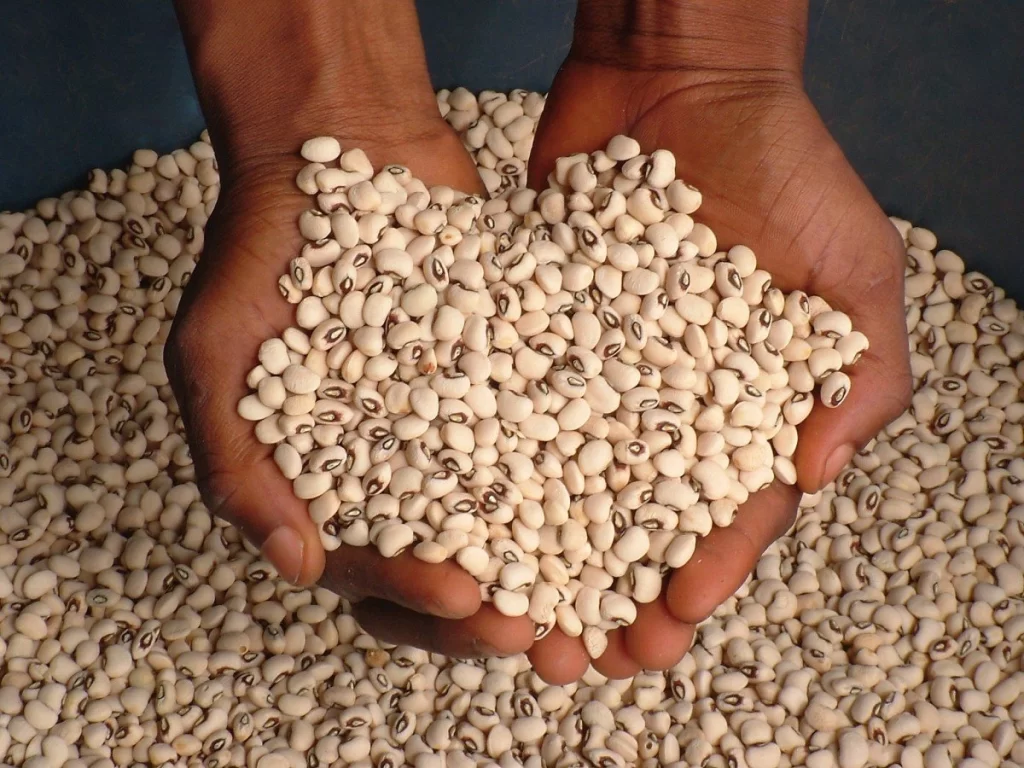Ghana Releases First GMO Crop for Commercial Cultivation: The Pod Borer-Resistant Cowpea

Ghana has taken a major step in agricultural innovation with the release of its first genetically modified (GMO) crop for commercial cultivation. The Council for Scientific and Industrial Research-Savanna Agricultural Research Institute (CSIR-SARI) has introduced the pod borer-resistant (PBR) cowpea, a crop developed to combat the destructive pod borer pest, enhance nutritional value, and improve yields.
This breakthrough was achieved through over a decade of research supported by key partners, including the United States Agency for International Development (USAID) and the African Agricultural Technology Foundation (AATF). The PBR cowpea’s development involved rigorous efforts to ensure it met the necessary regulatory approvals for commercial use in Ghana.
At the launch event in Nyankpala, located in the Northern Region, Professor Paul Bosu, Director-General of CSIR, emphasized that the introduction of this new cowpea variety aligns with national goals for food security. Cowpea is a staple crop for many smallholder farmers in Ghana, providing essential protein and nutrients to households and supporting the livelihoods of numerous farmers. However, its cultivation has been significantly hindered by the pod borer pest, which can devastate yields by up to 80%.
Professor Bosu hailed the release of the PBR cowpea as a momentous occasion for Ghana, highlighting CSIR’s dedication to employing advanced scientific methods to solve national issues. He noted that this innovation is a crucial step towards enhancing food security and improving agricultural productivity in the country.
Representing the government, Northern Regional Minister Alhaji Shani Alhassan Saibu, whose speech was delivered on his behalf, praised the initiative as a clear demonstration of the government’s commitment to leveraging technology for agricultural advancement. He stressed that the introduction of the PBR cowpea signifies a bold move towards ensuring food security and enhancing the livelihoods of the Ghanaian population.
Professor Aggrey Ambali, Chairman of the Board of Trustees at AATF, underscored the potential benefits of the PBR cowpea for farmers. He pointed out that adopting this variety would lead to improved productivity, higher incomes, and greater food security, ultimately contributing to poverty reduction and better living standards for farming communities.
The release of the PBR cowpea has received positive responses from various stakeholders, including farmers and seed producers. They have expressed their gratitude to the organizations involved in the development of this crop, recognizing its potential to significantly increase productivity and incomes.
In summary, the introduction of the PBR cowpea in Ghana marks a significant advancement in the nation’s agricultural sector. It highlights the successful application of scientific research and biotechnology to address critical agricultural challenges. This new variety promises to enhance food security, improve the livelihoods of farmers, and contribute to the overall economic development of the country.






